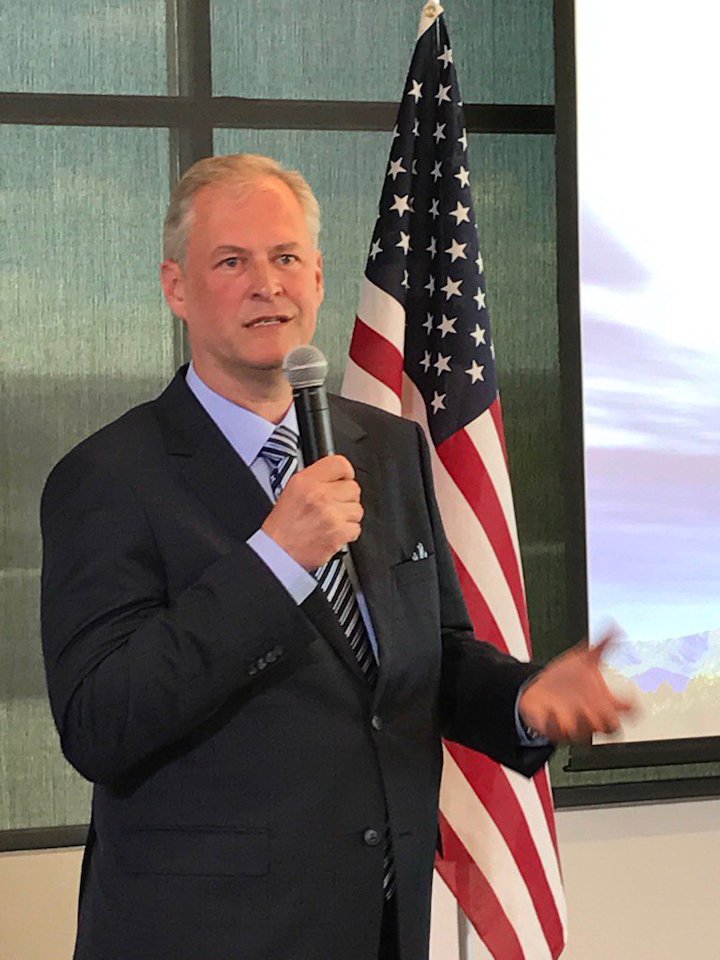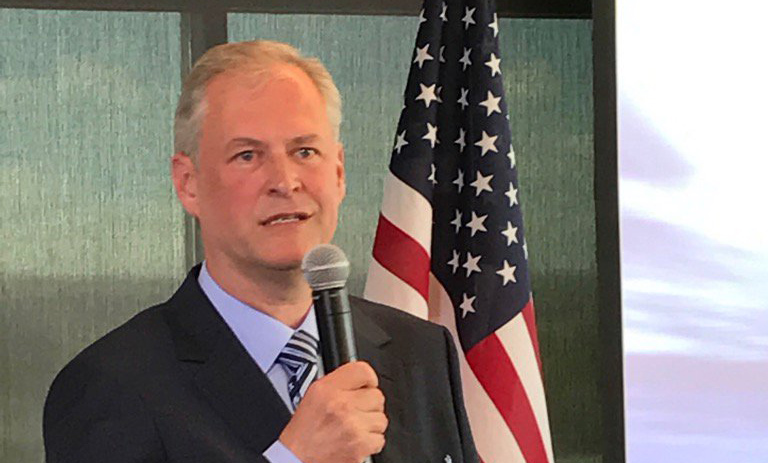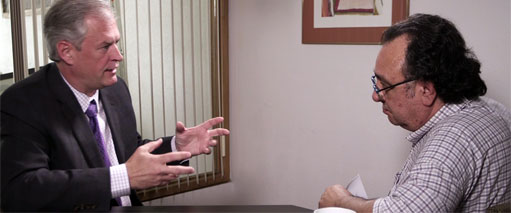News Interview: Wayne Johnson
Wayne Johnson Offers Orderly And Efficient Solutions


Wayne Johnson for Mayor

Latest Article|September 3, 2020|Free
::Making Grown Men Cry Since 1992


Wayne Johnson for Mayor


